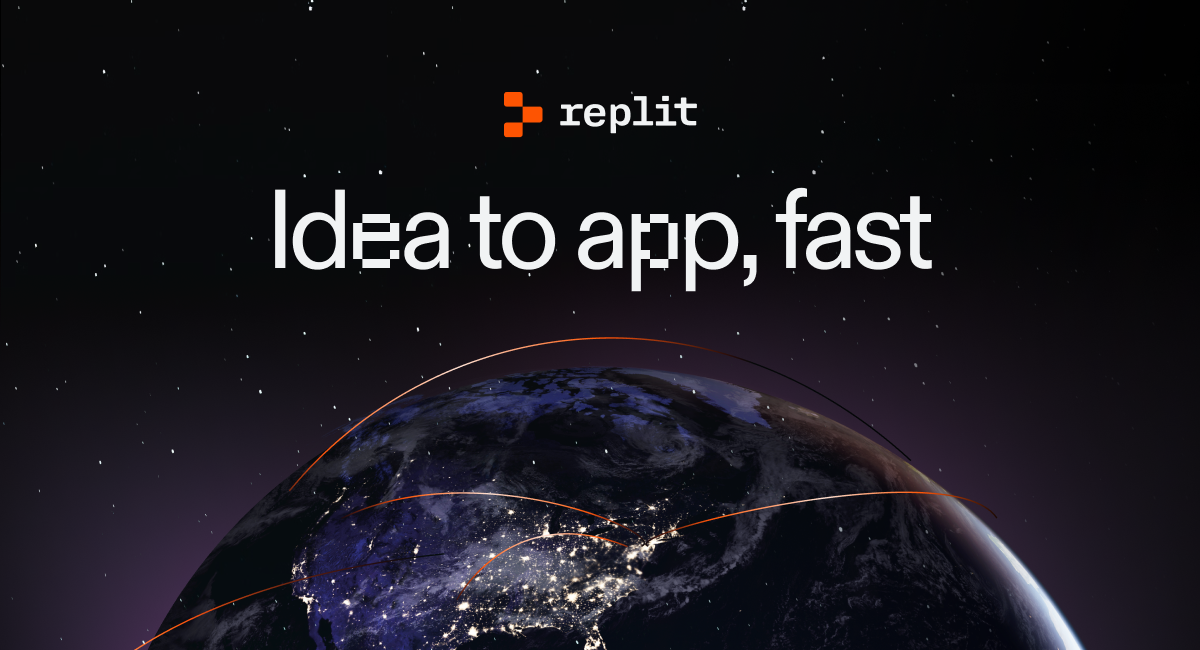- The 79
- Posts
- People are using OpenAI's o3 to find the location in photos
People are using OpenAI's o3 to find the location in photos

Hello everyone! Here’s what you need to know about AI today:
👉 OpenAI’s new o3 model is being used for reverse location search
👉 Google released Gemini 2.5 Flash
👉 OpenAI’s Stargate is starting to go international and has plans to invest in Europe
and many more!
📧 Did someone forward you this email? Subscribe here for free to get the latest AI news everyday!
Read time: 4.9 minutes

OPENAI
ChatGPT's reverse location search trend raises privacy concerns

Source: ChatGPT
What’s going on: A new viral trend has emerged on social media where users are leveraging ChatGPT’s latest AI models, o3 and o4-mini, to identify locations from photos, a capability that is called “reverse location search.” OpenAI’s recently released models can analyze images, even blurry or distorted ones, by cropping, rotating, and zooming to extract visual clues.
What does it mean: Combined with web search capabilities, these models can pinpoint cities, landmarks, and specific venues like restaurants or bars with impressive accuracy. Social media users on platforms like X have been uploading images such as street scenes, restaurant menus, or building facades, challenging ChatGPT to play a real-world version of GeoGuessr, a game that involves guessing locations from Google Street View.
More details:
The trend, while showcasing the power of AI’s visual reasoning, has sparked significant privacy concerns. There are few safeguards to prevent malicious use, such as doxxing, where someone could use a screenshot from a public post, like an Instagram Story, to uncover a person’s location.
OpenAI’s safety report for o3 and o4-mini does not address this issue, though the company later stated it has trained its models to avoid sharing private or sensitive information and monitors for privacy policy violations.
Tests by TechCrunch revealed that while the older GPT-4o model often matched o3’s accuracy and speed in location identification, o3 occasionally outperformed it.
Google released Gemini 2.5 Flash

Source: Google
What’s going on: Google has released Gemini 2.5 Flash, a new AI model designed to balance advanced reasoning with cost efficiency, available in preview through Google AI Studio and Vertex AI. The model introduces "thinking budgets," allowing developers to control the computational power allocated to reasoning tasks.
What does it mean: The new thinking budget feature lets users toggle reasoning on or off and set a token limit up to 24,576, optimizing for speed and cost on simpler tasks or enabling deeper analysis for complex ones. By disabling reasoning, businesses can reduce output costs by up to 600%, with pricing at $0.15 per million input tokens, $0.60 per million output tokens without reasoning, and $3.50 per million with reasoning enabled. This flexibility targets enterprise customers aiming to manage AI deployment costs effectively.
More details:
The model builds on Google’s efforts to compete in a crowded AI market, where OpenAI’s ChatGPT dominates with over 800 million weekly users compared to Gemini’s estimated 250-275 million monthly users.
Gemini 2.5 Flash offers strong performance in benchmarks like LMArena’s Hard Prompts and Humanity’s Last Exam, falling behind only Gemini 2.5 Pro and OpenAI’s o4-mini in some metrics.
Its hybrid reasoning approach allows it to assess prompt complexity and adjust thinking automatically, making it suitable for applications like chatbots, data extraction, and multimodal tasks involving text and images.
Developers can access the model’s reasoning process in Google AI Studio, though API users currently see only token counts, not the thought process itself.
Do you want to start building with Gemini 2.5 Flash? Read Google’s official guide.

💰 OpenAI, after failing to acquire the creator of Cursor AI editor, Anysphere, decided to buy Windsurf for $3 billion, which means the company has a strong interest in capturing a part of the AI code generation market.
🔐 Geoff Ralston, former Y Combinator president, has launched the Safe Artificial Intelligence Fund (SAIF) to invest in startups focused on enhancing AI safety, security, and responsible deployment, with initial investments of $100,000.
📃 Experts are disappointed in the lack of detail in Google's technical report for its latest model, Gemini 2.5 Pro, as it lacks key safety information, raising concerns about transparency and adherence to AI safety commitments, especially when compared to the practices of other AI developers like Meta and OpenAI.
🌍 OpenAI's $500 billion Stargate project, aimed at building AI data centers in the US with Oracle and SoftBank, is considering expanding its investments to include the UK, Germany, and France, despite initially focusing on boosting US AI infrastructure.


AI + Personal fitness plan
Create a 30-day personal fitness plan for someone who can exercise 4 days a week, prefers bodyweight workouts, and aims to improve endurance and core strength, with progress checkpoints every 10 days.

GPT-4o-mini’s answer

Point72 - AI Engineer
Gusto - AI IT Infrastructure Engineer
Thank you for staying with us like always! If you are not subscribed, subscribe here for free to get more of these emails in your inbox! Cheers!


